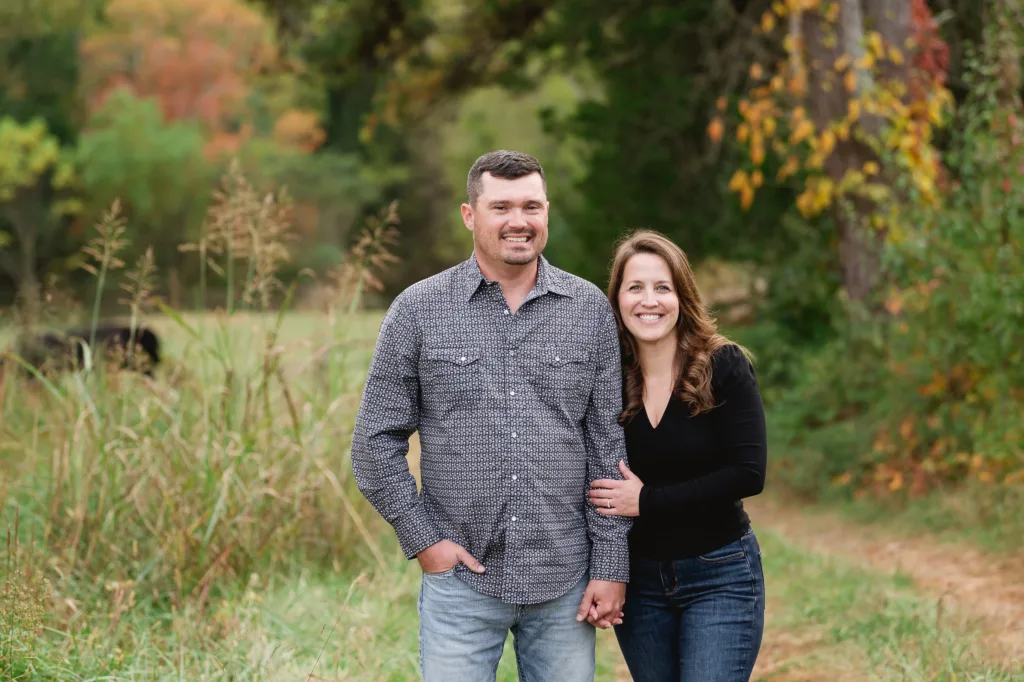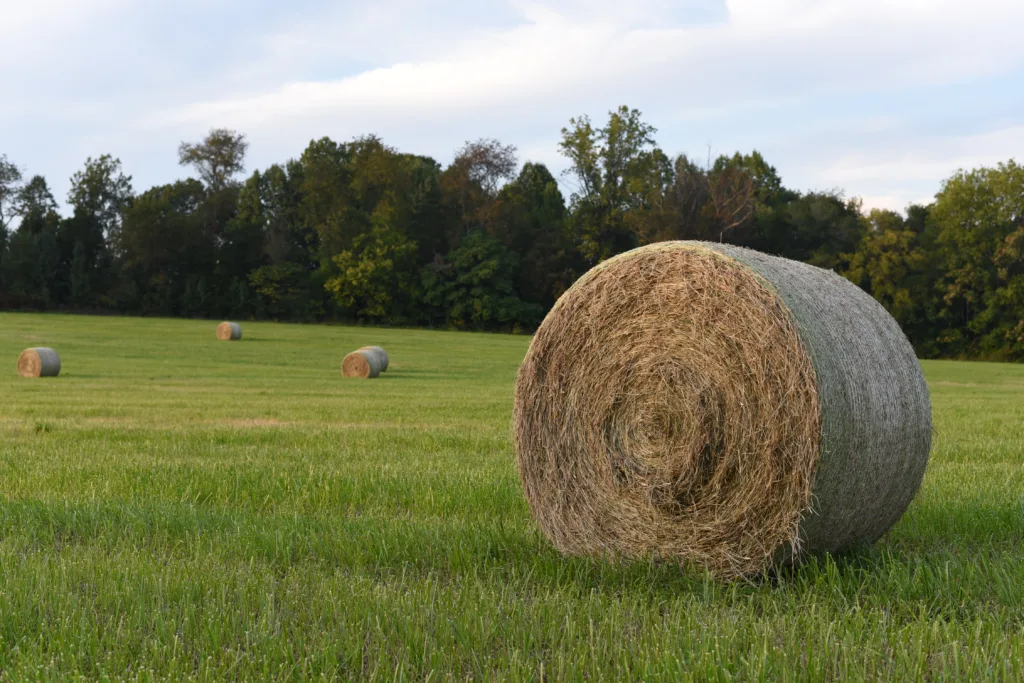In Greene County, young Dustin Watson works the 274-acre cattle farm co-owned by two elder family members. In a region regularly losing productive family farms to land costs, development pressures, and declining interest, “one of the agricultural challenges for people hoping to get into farming is that land often isn’t available. Here at Long Acre Farm was a good opportunity for a young farmer to continue a legacy begun by his family, but as is the fate of so many Virginia farms, one of the co-owners needed to sell the land,” said PEC Land Conservation Director Mike Kane.
Dustin attended a workshop where PEC’s then-field representative Peter Hujik gave a presentation on the federal Agricultural Land Easement (ALE) program, run by the Natural Resources Conservation Service (NRCS). The ALE program pays farmers for the development rights on their land, which forever reserves the land for agricultural uses.
He approached Peter with his predicament, in hopes of finding a way forward. At first blush, the ALE program doesn’t work for Dustin, because he doesn’t own the property. And a recent variation of the ALE program, which would give a conservation organization, such as PEC, funding to buy a property, conserve it, and then resell the property at a lower value — a “buy-protect-sell” approach — also wouldn’t work because the only part of the family wanted to sell.
“But part of our identity as an organization is to be able to provide a really proactive approach to solving conservation problems. A great deal of conversation, negotiation, and brainstorming ensued, and we landed on what turned out to be a creative solution,” said Kane.
American Farmland Trust (AFT) would loan Dustin the money to buy out his family member; PEC secured grants from NRCS and the Virginia Land Conservation Foundation to purchase the easement; and Dustin would use the money from the sale of the development rights to pay off the loan to AFT.


“The ability to move forward on this conservation project was built on plentiful good will and trust among the parties, including AFT, Dustin and his family and PEC,” Kane said. “We all were working on the shared objective of keeping the farm in the family and in operation. Fortunately, conservation of the farm through the ALE program is the catalyst for making it happen. Of course, a key was to document that trust and goodwill through a series of agreements that commit Dustin and his family to conserve the farm and, in turn, PEC’s commitment to purchase the conservation easement. These basic commitments provided AFT the comfort to make a loan to Dustin in a manner consistent with AFT’s mission.”
With all the pieces in place, the final step is to finish the permanent protection of the farm with an agricultural land easement to be completed in 2025.
“Without this innovative series of transactions, Long Acre Farm would have likely been divided and sold. And there was already a young farmer right there who wanted to keep farming. So this was a win if only we could find a way to a solution. And that’s what PEC and all the parties worked together to make happen,” Kane said.
Many thanks to Dustin and his family for their persistence and to American Farmland Trust for their willingness to provide a creative financing solution that will save Long Acre as a working farm. Additional thanks goes to NRCS staff for the extra flexibility and guidance on this buy-protect-sale ALE variation. We also thank the Volgeneau Foundation, as its support of farmland conservation in the Rappahannock watershed allowed PEC to commit to purchasing the easement prior to securing all of the grant funding necessary for a successful outcome.
This article appeared in the 2024 spring edition of The Piedmont Environmental Council’s member newsletter, The Piedmont View. If you’d like to become a PEC member or renew your membership, please visit pecva.org/join.
